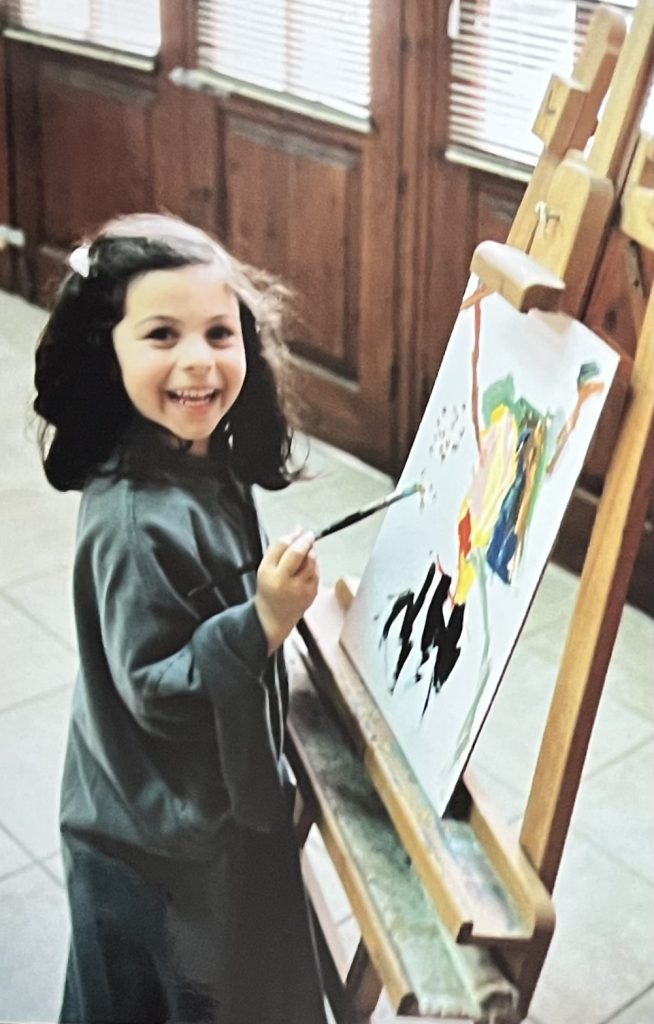Task 1:
Clean up! Purge old files, delete draft emails, free up space on your device and in your head.
Done. This task actually helped me to see content in my phone/storage/laptop/drive that moved me to tears (As I mostly photograph my family) and helped me to decide on my project!
Task 2:
BOOK INTERVIEW DATE WITH ALIA
Interview Questions:
Interview notes from previous lectures/ recent research/ foraging
Task3:
FIND EXAMPLES OF SOUND ART (music??)
Sound is materially invisible but very visceral and emotive. It can define a space at the same time as it triggers a memory
examples
(1298) Sound Art – YouTube
(1298) Ryoji Ikeda, Datamatics, en LABoral – YouTube
(1298) Yasuaki Shimizu – sound installation for Robot Garden – YouTube
Task4:
READ:
"Listening"
by Jean-Luc Nancy.
Nancy does an excellent job of illustrating the problems of a supposed boundary between self and other in musical perception (“listening”), as well as resisting music as a purely intellectual experience.
“I See a Voice” by Jonathan Ree explores the world of the deaf, focusing on their language and experiences. It corrects misconceptions about the deaf and demonstrates how philosophy can improve our understanding of language and the human condition. Ree’s writing is praised for its erudition, clarity, and its ability to find significance in the everyday. The book also incorporates elements of psychoanalysis, poetry, and personal memories. Overall, the book is a philosophical investigation into language, deafness, and the senses, with a strong emphasis on cultural traits of the late twentieth century, such as subjectivity, uncertainty, individuality, and self-scrutiny.
"I see a voice,
A philosophical History of Language, Deafness and the senses"
by Jonathan Rée.
a thought-provoking exploration of language, deafness, and the senses, with a compelling and erudite writing style.
I had a talk with Marsha about my idea. Here are my notes.
Demonstrate an advanced understanding of, or sensitivity for, the relationship between
- Systems Thinking Competency
What does that distance make you realize about your culture.
Focus on systems thinking- THE SYSTEM OF YOUR CULTURE, RELIGION, MENTALITY OF COUNTRY,
VISUALISE A PROCESSS THATS INFORMED BY SYSTEMS THINKING, AND EMBODY IT.
UNDERSTAND IT AS A PART OF A BIGGER SYSTEM.
TRADITION. ANALYSE ALL OF THESE SYSTEMS.
Look at how some things relate to other to create the entirety of culture. (weather food, religion, clothing, colours, architecture, respecting elderly, traditional embroydery, candy making, drinking, coffee, evil eye (religion/ institution, superstision, history) IN RELATION TO TIME SPACE. CAUSE AND EFFECT.
BE MORE SPECIFIC AND FOCUED. WHAT ARE YOU EXPLROING (THE DUALITY OF LEAVING HOME WANTING TO GO BACK, BUT MOVE FORWARD) AND HOW (BY DOCUMENTING THE THINGS I LOVE ABOUT MY CULTURE THAT SHAPED ME INTO WHAT I AM, AND PUSHED ME TO WALK FORWARD).
FAMILY DYNAMICS ARE A SYSTEM TOO.
Your video should demonstrate and share a strong sense of your context and what makes it
complex and connected.
ALIA’S INTERVIEW:
This Interview will be an Entrance Interview for our course.
- Where do you live? Do you cohabitate with someone?
- What do you do for a living?
- Can you describe your practice? What is your main focus and art form of preference.
- Who is Alia Al maktum as an artist? Which artists/Activists do you look up to and what kind of artist do you aspire to be!
- What has been your story up until now when it comes to deciding on pursuing your own practise and finding your way to MA intercultural Practices?
- what does MA intercultural practices offer as a course that made you consider studying here?
- What do you feel you have to offer this course( in terms of your UNIQUE practice and active discussion)?
- Your practice as an interior designer is fascinating! I specifically found it super interesting when I read your point on how creating space a certain way as an interior designer, influences ones mental health stepping into it. Could you explain how you do that through your work?
- Do you believe one’s mind can travel and experience a culture when stepping into a culturally decorated space?
- How is your work related to your culture? Is it conscious or unconscious?
- how do you feel your culture has shaped your art?
- What do you aim for, when representing your culture in your interior designs and paintings?
- You created an architectural incubator – within a Shaabi home. What was the aim and thought process behind that project?
- As an interior designer you focus heavily on the importance of space when working collaboratively. How do you aim to tackle working collaboratively in a remote basis?
- What are your plans after getting your MA in intercultural practices?
Get written consent that we are both happy w/ the Interview.
NOTED FROM TEAMS MEETING:
systems thinking
Make sure your video activates more than the visual/ auditory sense!
DEMONSTRATE SYSTEMS THINKING!
Ecopedagogy
The ecopedagogy movement is an outgrowth of the theory and practice of critical pedagogy, a body of educational praxis influenced by the philosopher and educator Paulo Freire. Ecopedagogy’s mission is to develop a robust appreciation for the collective potentials of humanity and to foster social justice throughout the world
GO SEE DOWNLOADED PRESENTATION- UNI SUSTAINABLE DEVELOPMENT GOALS!!!!!
action is the antidote to overthinking+ anxiety+ environmental doom
Systems can be repetitive
In terms of UNIT1
please ANALYSE THE RELATIONSHIP BETWEEN
CONTEXT COMPLEXITY AND RELATIVITY IN A SYSTEMS THINKING WAY!!!!!
body systems thinking visually and help viewer understand. give stronger sence of the 3 (c.c.r) of the courisosity of place you are filming.
IN YOUR PRESENTATION – RELATIONAL PROXIMITY TO SYSTEMS!—> what is cause and effect of things that make the system? EXPLORE ALL SENSES KNOWLEDGE.
smell sound touch food tastE
UNDERSTAND THE SYSTEM ON ITS OWN TERMS!!!!!!
READ, DESCRIBE, HOW IS IT >?????? HOW IS IT a SYSTEM
(find assesment criteria for level7)
Marina Abramović
